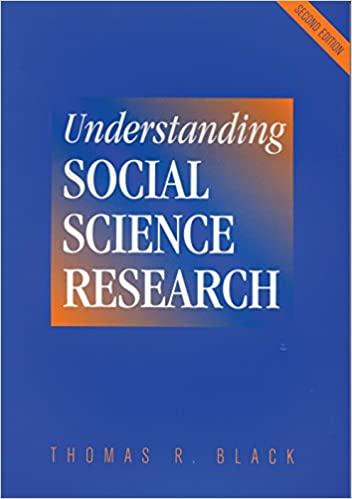Question
One of your clients is a 19-year-old, homeless, recovering heroin addict who is seeing you for her substance abuse problems. She has also been assessed
One of your clients is a 19-year-old, homeless, recovering heroin addict who is seeing you for her substance abuse problems. She has also been assessed as having mild mental retardation, making her vulnerable to exploitation. In the past, she has prostituted herself for drugs or money. On several occasions, she has come to sessions unkemptwith black eyes, bruises, and cuts on her faceand high (in a drug-induced psychosis). You have learned of a bed available in a secure (locked) substance rehabilitation center. Due to her inability to maintain her own safety, you have the option to involuntarily admit your client to the center, but your client does not want to be "locked up" and would rather remain where she is while continuing to work with you. Use the ETHIC Model to resolve this ethical dilemma, and discuss and decide what you would do in this situation.
https://www.counseling.org/docs/default-source/vistas/the-ethics-model.pdf?sfvrsn=c9c24a2c_4
Step by Step Solution
There are 3 Steps involved in it
Step: 1

Get Instant Access to Expert-Tailored Solutions
See step-by-step solutions with expert insights and AI powered tools for academic success
Step: 2

Step: 3

Ace Your Homework with AI
Get the answers you need in no time with our AI-driven, step-by-step assistance
Get Started


